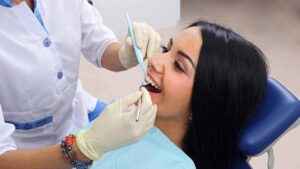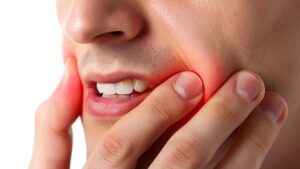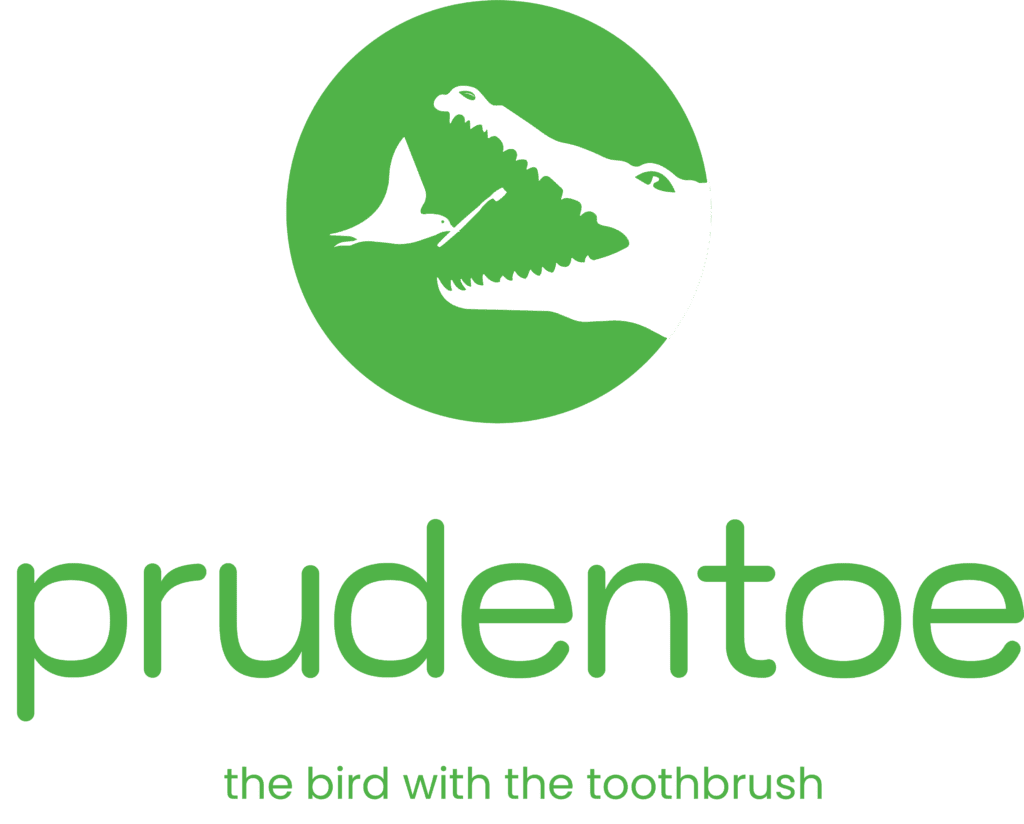Menopause is a major change in women as it comes with a lot of physical and mental changes. Your body is going through a whole different health phase. Everything is new, and scary. Hormonal changes, mood swings, sweats, flashes tiredness and more. The only way to maintain your health in this phase is to know your symptoms and act accordingly. But did you know that along with your body, your dentition also undergoes a lot of changes. Here is all about menopause and oral health changes.
What is Menopause?
Menopause is a normal aging transition in every woman. It is the phase when your periods have ended. ‘Menopause’, is technically the year-long gap after your last period where you see no bleeding or spotting whatsoever. It is usually seen around the ages of 45 – 50. The period before this is called peri-menopause (40-44 yrs) and post this is post-menopause (50+ yrs).
Common changes during Menopause -
- Hormonal changes and changes in estrogen levels lead to sudden hot flashes and sweats in the body.
- Tiredness, restlessness at night, and mood swings.
- Changing bone density and weaker and aching joints.
- Vaginal dryness and simultaneously, mucosal dryness.
- Other symptoms include heart palpitations, weight changes, and more.
How does menopause affect your oral health?
- Dryness - As mentioned, mucosal dryness is a common symptom. If your oral cavity is dry, bacteria grow rapidly leading to increased chances of cavities, gum issues, calculus deposition and bad breath.
- Irritation and burning – Due to dry mouth, the gums and tongue are more sensitive to any food or habits. Increased ulcerations and sores might also be seen.
- Bone density changes— Due to changes in bone density, the jawbone might recede, some teeth might become loose, and your jawbones and facial structures might change in appearance, too.
- Teeth shifting – As the jaw changes, the teeth shift in their position too, changing both internal and external looks and creating black holes where you might not be able to brush; leading to cavities.
- Dislodgement of crowns and old restorations - If you have preexisting crowns or bridges, a gap between the bridge and the bone might form, leading to the dislodgment of the crowns.
How to care for your teeth during menopause?
- Stay hydrated. Drinking a lot of water is advised as a way of self-cleansing and to prevent burning sensations. You can also chew on some lozenges.
- Get your nutrition in. Menopausal women might need special nutritional care and supplements to replenish their calcium and vitamin levels.
- Check on your oral health at home. Whenever you feel any unpleasant sensation, be it pain or sensitivity; consult us as soon as possible.
- Consult your dentist. As your body starts to experience changes, it is best to visit a dentist to check for cavities or teeth that are beginning to shift.
- Get X-rays—Your doctor may suggest that you get X-rays to gauge the density of your bone and the health of existing crowns or fillings.
To conclude, oral health might sometimes be overlooked in menopause. A bunch of new dental symptoms might show up of whom you cannot understand the origin. Treatment needs to be comprehensive. Our dental experts at prudentoe are committed to help you through this journey. Book your consultation now.






